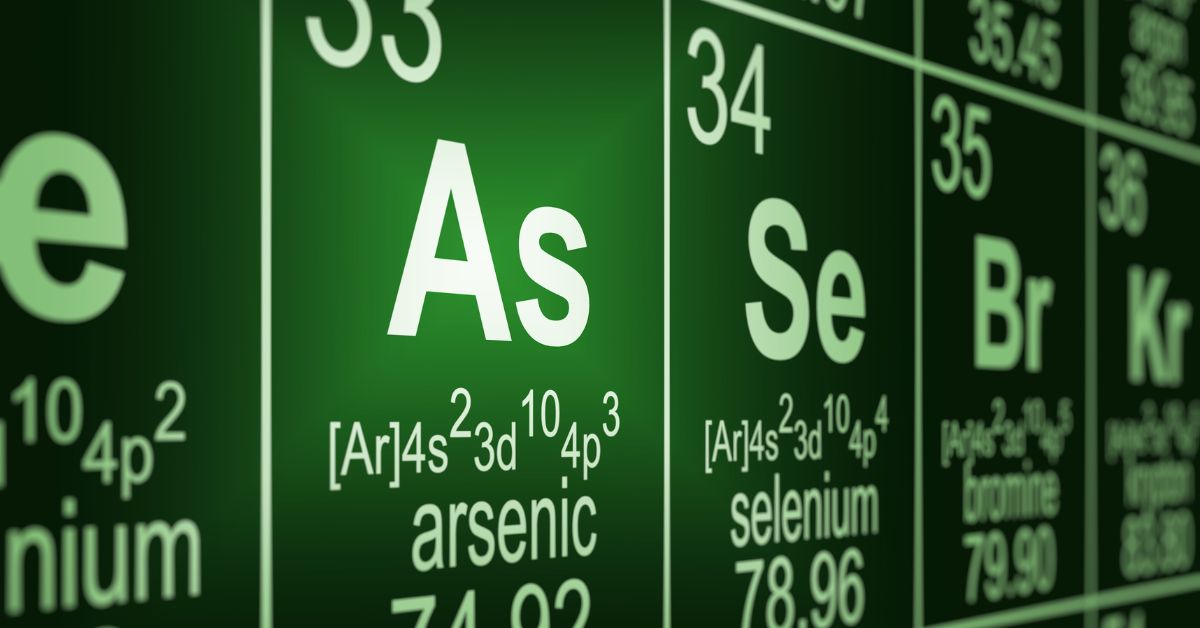Arsenic contamination is an increasing concern in Colorado, particularly in regions where drought conditions have exacerbated the problem. Understanding the risks and knowing how to protect your family is crucial for residents. This blog post will cover the current state of arsenic levels in Colorado, health impacts, and practical solutions to ensure safe drinking water.
The State of Arsenic in Colorado
Across various regions in Colorado, arsenic levels in groundwater have been rising due to prolonged drought and other environmental factors. Studies have shown that some private wells in these areas have arsenic concentrations significantly above the EPA’s safe limit of 10 µg/L. This increase is attributed to reduced water levels, which concentrate natural contaminants like arsenic in the soil.
EPA’s safe levels for arsenic in drinking water, you can visit the EPA’s official page which provides detailed guidelines and standards to ensure water safety.
Health Impacts of Arsenic Exposure
Arsenic is a toxic element that can cause serious health problems. Long-term exposure to high levels of arsenic in drinking water has been linked to various types of cancer, cardiovascular disease, and other chronic health conditions. Children and pregnant women are particularly vulnerable, with potential effects including lower IQ scores in children and increased risk of fetal malformations
Solutions for Colorado Residents
Given the health risks associated with arsenic, it’s vital for Colorado residents to take proactive steps to ensure their water is safe. Here are some effective solutions:
- Water Testing: Regular testing of well water is essential. Aqua Serve provides comprehensive water testing that meets Colorado State Regulations for real estate transactions. We check for contaminants such as bacteria, nitrates, arsenic and more.
- Reverse Osmosis Filtration Systems: One of the most effective ways to reduce arsenic levels in drinking water is by installing a reverse osmosis (RO) filtration system at the kitchen sink. These systems can significantly lower the concentration of arsenic, making the water safe to drink. Aqua Serve provide high-quality RO systems and other water treatment solutions designed to tackle arsenic contamination.
- Community and Government Actions: Local governments and community organizations are actively working to address arsenic contamination. Efforts include paying farmers to reduce water-intensive irrigation practices, which helps conserve groundwater. Public agencies are also upgrading water treatment facilities to comply with federal standards (Home | Western Water).
- Preventive Measures: If you live in an area with known arsenic issues, using cleaner sources of water for drinking and cooking is advisable. Bottled water is a temporary solution, but installing a home filtration system provides long-term safety. It’s also important to use protective gear if you handle arsenic-treated wood or work in industries with arsenic exposure risks.
Practical Tips for Colorado Residents
- Stay Informed: Keep up with local news and updates from health and environmental agencies regarding water quality in your area.
- Test Regularly: Ensure your water is tested at least once a year, especially if you rely on a private well.
- Install Filtration: Consider installing a reverse osmosis system to protect your drinking water.
- Community Involvement: Participate in community initiatives aimed at water conservation and quality improvement. These efforts can have a significant impact on reducing contamination risks.
Arsenic contamination in Colorado is a serious issue that requires attention and action from residents and authorities alike. By staying informed, testing water regularly, and investing in effective filtration systems, Colorado residents can protect their health and ensure safe drinking water for their families.
We are ready to help with information on water filtration systems and other solutions. Call is at (720) 594-2223 for a range of products designed to address arsenic and other contaminants, ensuring you have access to clean and safe water.


